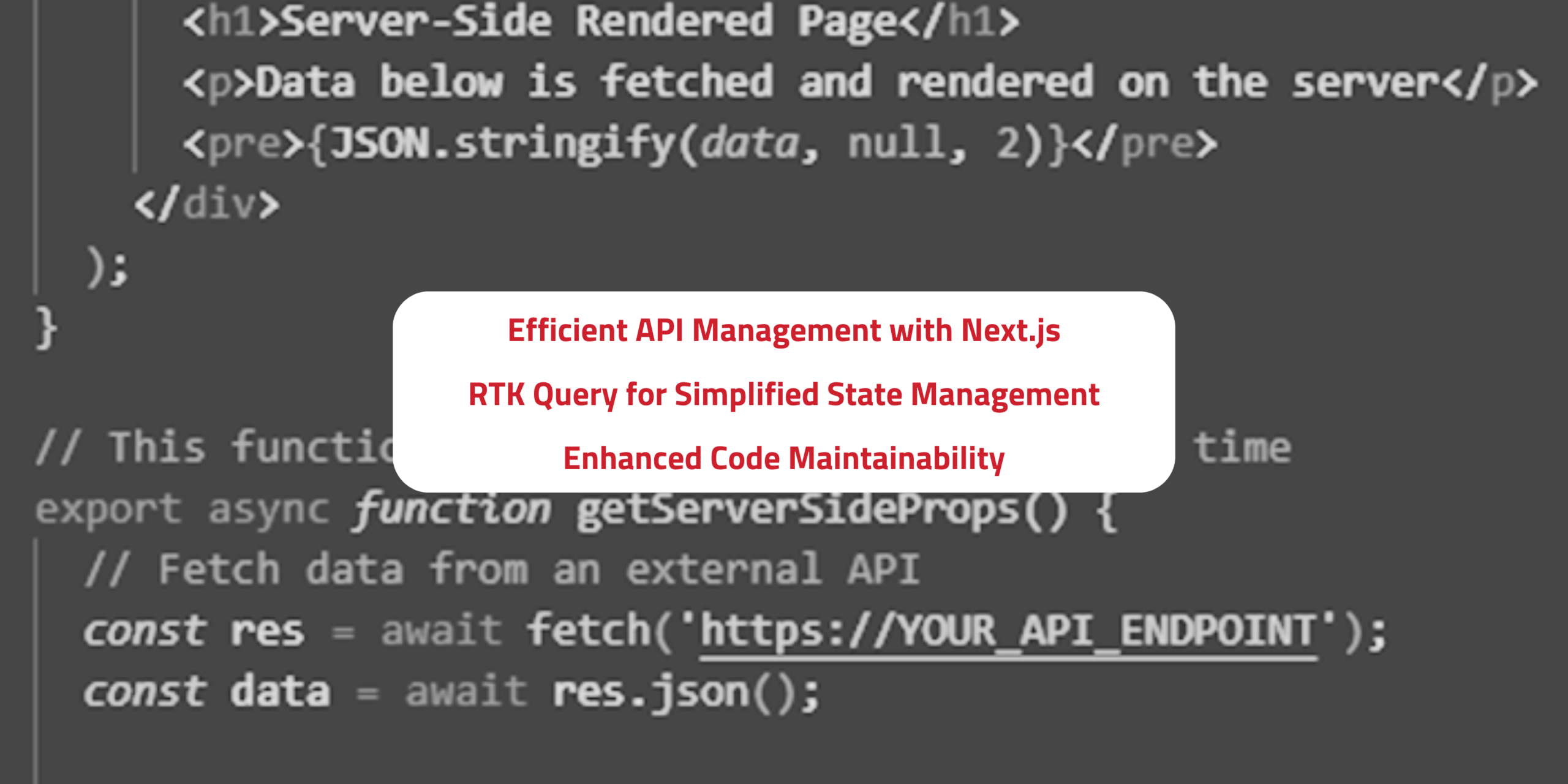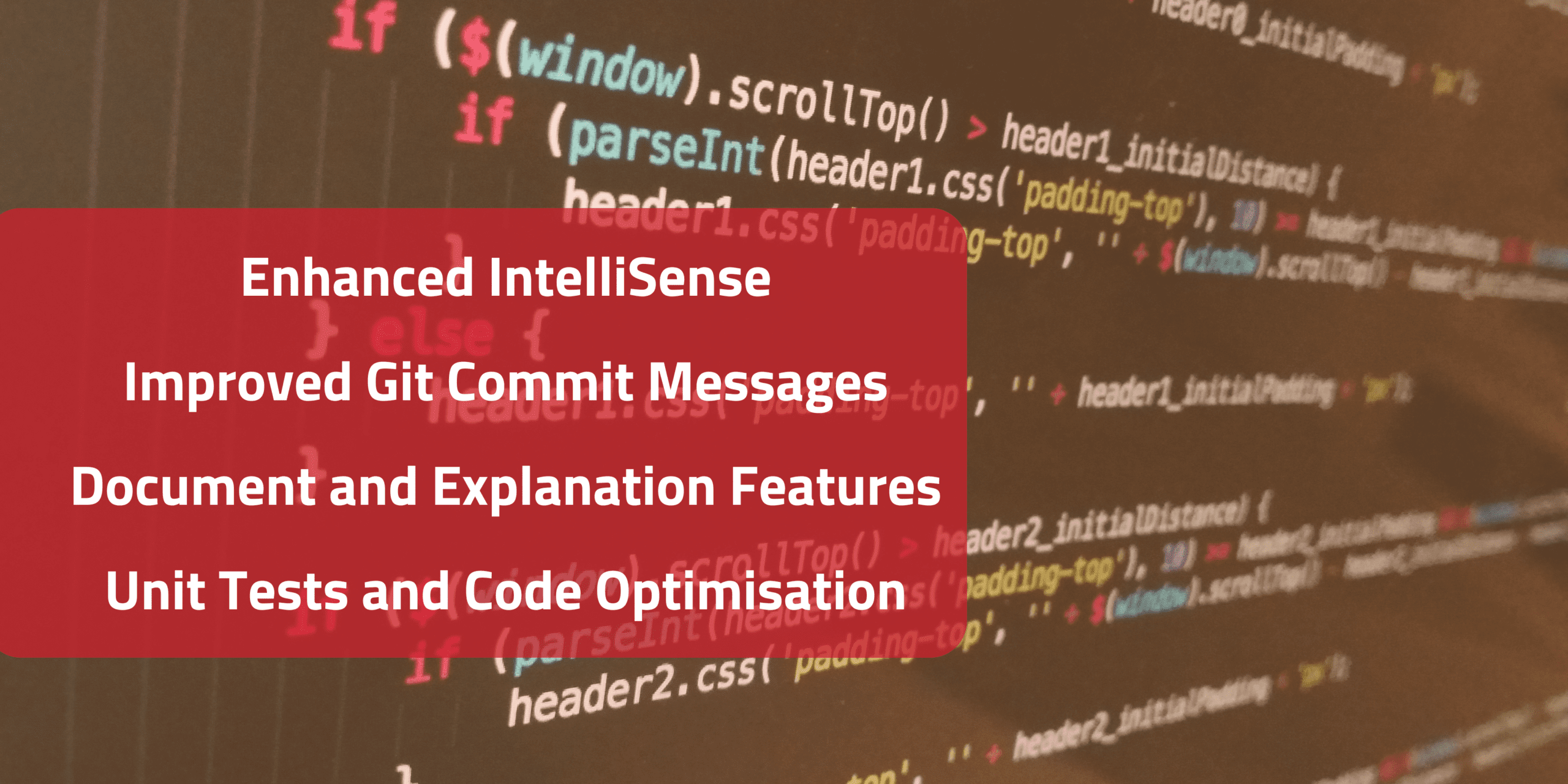On March 21, 2024, our Data Team hosted a webinar in partnership with Microsoft to discuss Microsoft Fabric for Education institutions. Hosted by Marton Marek, Senior Data Consultant at Antares, and Nimitha Selvan, Cloud Solution Architect at Microsoft, the webinar focused on the advantages of Microsoft Fabric for educational institutions.
The webinar highlighted the common challenges that educational institutions face when it comes to data management. Many schools collect large amounts of data but struggle to turn that information into actionable insights. This is where Microsoft Fabric comes in.
What is Microsoft Fabric?
Fabric is an all-in-one analytics platform designed to simplify the data journey from collecting and storing information to analysing it and uncovering hidden insights.
The Advantages of Microsoft Fabric
Marton elaborated on the key advantages of Fabric:
- Unifies data from multiple sources: Fabric captures data from different silos and creates a unified, structured approach to surfacing information across the organisation.
- Simplifies security: Fabric abstracts the way users interact with all underlying components by providing a SaaS platform, simplifying security and access to unified data assets.
- Democratises data assets: Fabric provides tools for different personas within an organisation, including data engineers, data scientists, data analysts, and data citizens, allowing for a democratisation of data assets.
Key Feature: OneLake
One of the key features of Fabric is its OneLake, which unifies all of a school’s data assets into a single, structured approach. This allows schools to bring in both structured and unstructured information, including data from spreadsheets and external systems. Microsoft Fabric also simplifies security by providing a single pane of glass for accessing data, with all the complexity of provisioning services hidden away.
Different Personas Available for Different Organisational Roles
Fabric also provides tools for different personas within a school, including data engineers, Learning & Teaching teams, Curriculum advisors, Principals, Operational staff, and Teachers. Data engineers can use Fabric to build data pipelines and integrate data sources, while data scientists can use Fabric to train machine learning models. Data analysts can use Fabric to create reports and visualisations, while educational staff can access these reports to gain insights. Fabric also includes a data activator, which provides real-time notifications and event-driven data analytics.
Fabric and Data Security
Nimitha’s insights focused on Fabric’s robust security features of Fabric, including its use of Microsoft Entra ID as a cloud-based identity provider. Fabric controls data access using workspaces, with different workspace roles used to control access to the workspace and its contents. Fabric also provides item-level security, allowing schools to control access to individual items within a workspace.
In addition to its security features, Fabric also includes Copilot, an AI-powered tool that helps users transform and analyse data, generate insights, and create visualisations and reports. Copilot is available for data factory, data science, and data engineering, as well as for Power BI.
In conclusion, Microsoft Fabric emerges as a compelling solution for schools to effectively manage and analyse their data. With its ability to unify data from multiple sources, simplify security, and provide tools for different personas, Fabric can help schools turn their data into actionable insights.
Antares, your Microsoft Fabric partner
Interested in learning more about how your organisation can leverage Microsoft Fabric to manage your data?
Contact us for a detailed discussion.



